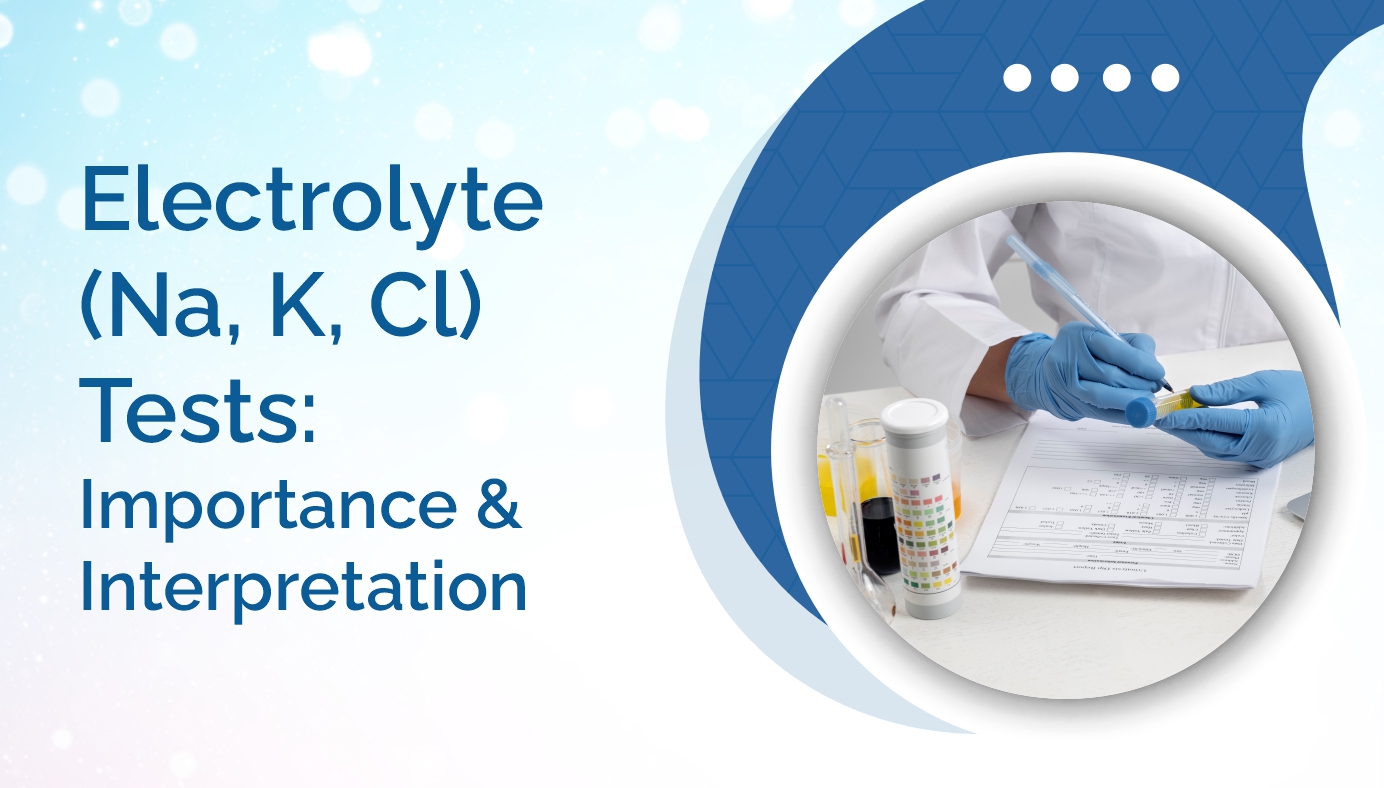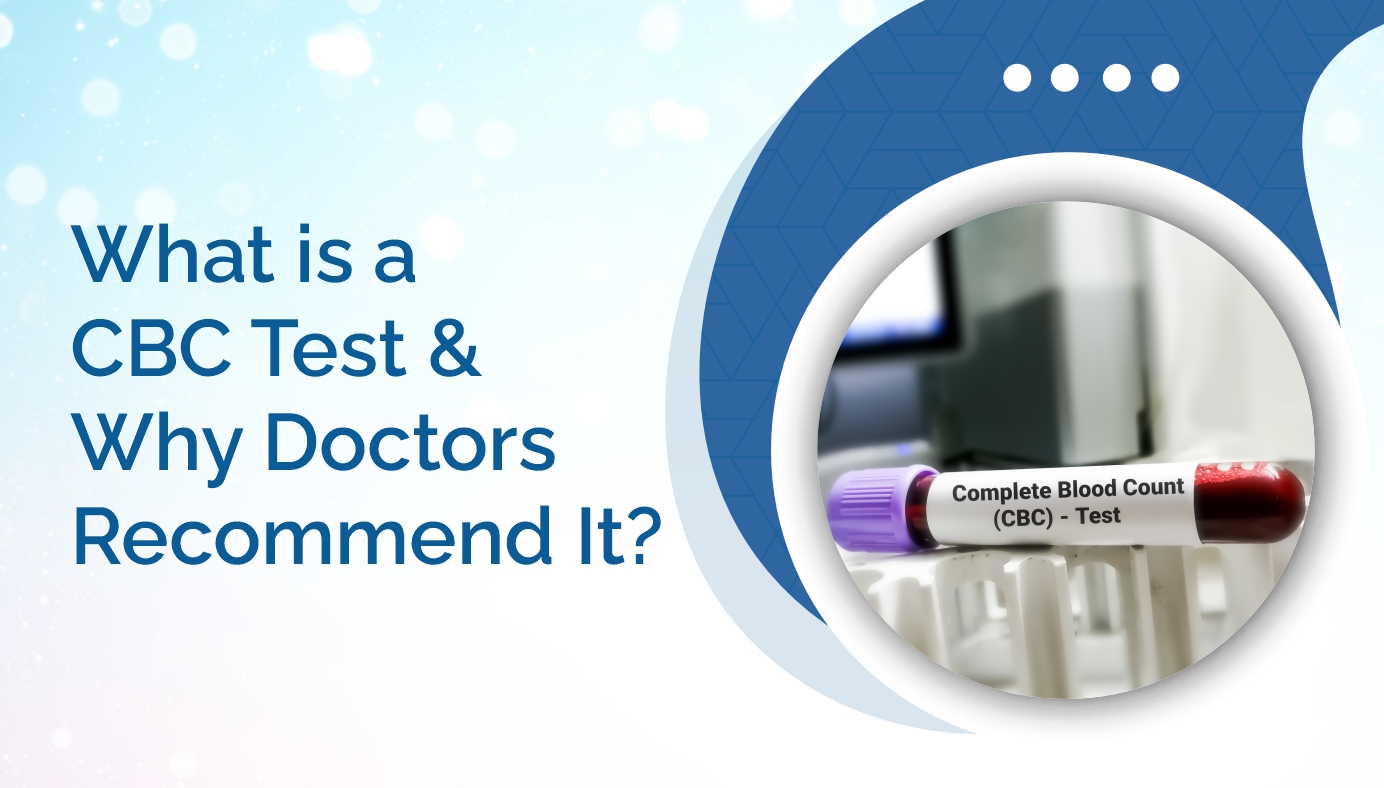


Condition
- Lifestyle Packages
- Lifestyle Packages
- Diabetes
- Diabetes
- Top tests
- Lifestyle Packages
- Top tests
- Top tests
- Lifestyle Packages
- Top tests
- Top tests
- Top tests
- Lifestyle Packages
- Infectious
- Preventive Health Checkup
- Diabetes
- Diabetes
- Preventive Health Checkup
- Top tests
- Top tests
- Heart Disease & Hypertension
- Lifestyle Packages
- Preventive Health Checkup
- Diabetes
- Diabetes
- Preventive Health Checkup
- Preventive Health Checkup
- Top tests
- Lifestyle Packages
- Diabetes
- Preventive Health Checkup
- Top tests
- Lifestyle Packages
- Diabetes
- Diabetes
- Diabetes
- Diabetes
- Diabetes
- Diabetes
- Preventive Health Checkup
- Preventive Health Checkup
- Diabetes
- Preventive Health Checkup
- Preventive Health Checkup
- Genomics
- Others
- Others
- Others
- Preventive Health Checkup
- Pulmonary / Infectious
- Diabetes
- Diabetes
- Others
- Preventive Health Checkup
- Others
- Preventive Health Checkup
- Top tests
- Others
- Genetics
- Others
- Gastrointestinal / Skeletomuscular
- Gastrointestinal / Skeletomuscular
- Others
- Others
- Others
- Others
- Others
- Others
- Others
- Others
- Others
- Others
- Others
- Others
- Others
- Others
- Others
- Others
- Others
- Others
- Others
- Others
- Others
- Others
- Others
- Others
- Others
- Others
- Others
- Others
- Others
- Others
- Others
- Others
- Others
- Others
- Others
- Others
- Others
- Others
- Others
- Others
- Others
- Others
- Others
- Others
- Others
- Others
- Others
- Others
- Others
- Others
- Others
- Others
- Others
- Others
- Others
- Others
- Others
- Others
- Others
- Others
- Others
- Others
- Others
- Others
- Others
- Others
- Top tests
- Top tests
- Top tests
- Top tests
- Top tests
- Top tests
- Top tests
- Top tests
- Top tests
- Preventive Health Checkup
- Top tests
- Top tests
- Top tests
- Top tests
- Blood Banking & Transfusion
- Lifestyle Packages
- Blood Banking & Transfusion
- Blood Banking & Transfusion
- Top tests
- Top tests
- Lifestyle Packages
- Diabetes
- Blood Banking & Transfusion
- Blood Banking & Transfusion
- Blood Banking & Transfusion
- Blood Banking & Transfusion
- Blood Banking & Transfusion
- Others
- Others
- Others
- Others
- Blood Banking & Transfusion
- Blood Banking & Transfusion
- Blood Banking & Transfusion
- Blood Banking & Transfusion
- Vitamin Deficiency
- Vitamin Deficiency
- Vitamin Deficiency
- Vitamin Deficiency
- Vitamin Deficiency
- Blood Banking & Transfusion
- Blood Banking & Transfusion
- Blood Banking & Transfusion
- Blood Banking & Transfusion
- Diabetes
- Diabetes
- Heart Disease & Hypertension
- Preventive Health Checkup
- Diabetes
- Preventive Health Checkup
- Preventive Health Checkup
- Diabetes
- Diabetes
- Heart Disease & Hypertension
- Top tests
- Heart Disease & Hypertension
- Diabetes
- Top tests
- Diabetes
- Heart Disease & Hypertension
- Lifestyle Packages
- Heart Disease & Hypertension
- Lifestyle Packages
- Heart Disease & Hypertension
- Heart Disease & Hypertension
- Lifestyle Packages
- Preventive Health Checkup
- Preventive Health Checkup
- Top tests
- Preventive Health Checkup
- Heart Disease & Hypertension
- Heart Disease & Hypertension
- Heart Disease & Hypertension
- Top tests
- Top tests
- Lifestyle Packages
- Heart Disease & Hypertension
- Heart Disease & Hypertension
- Top tests
- Heart Disease & Hypertension
- Preventive Health Checkup
- Diabetes
- Lifestyle Packages
- Heart Disease & Hypertension
- Top tests
- Heart Disease & Hypertension
- Heart Disease & Hypertension
- Diabetes
- Lifestyle Packages
- Preventive Health Checkup
- Diabetes
- Top tests
- Diabetes
- Allergy
- Heart Disease & Hypertension
- Diabetes
- Heart Disease & Hypertension
- Diabetes
- Lifestyle Packages
- Lifestyle Packages
- Top tests
- Preventive Health Checkup
- Lifestyle Packages
- Preventive Health Checkup
- Preventive Health Checkup
- Diabetes
- Top tests
- Heart Disease & Hypertension
- Preventive Health Checkup
- Top tests
- Heart Disease & Hypertension
- Lifestyle Packages
- Lifestyle Packages
- Diabetes
- Preventive Health Checkup
- Top tests
- Diabetes
- Top tests
- Preventive Health Checkup
- Preventive Health Checkup
- Preventive Health Checkup
- Diabetes
- Lifestyle Packages
- Lifestyle Packages
- Heart Disease & Hypertension
- Lifestyle Packages
- Heart Disease & Hypertension
- Lifestyle Packages
- Preventive Health Checkup
- Preventive Health Checkup
- Preventive Health Checkup
- Lifestyle Packages
- Top tests
- Lifestyle Packages
- Top tests
- Lifestyle Packages
- Top tests
- Diabetes
- Diabetes
- Others
- Blood Disorders
- Top tests
- Others
- Others
- Others
- Fever
- Fever
- Blood Disorders
- Blood Disorders
- Preventive Health Checkup
- Preventive Health Checkup
- Profile
- Kidney Disease
- Kidney Disease
- Diabetes
- Diabetes
- Heart Disease & Hypertension
- Preventive Health Checkup
- Lifestyle Packages
- Thyroid Disorder
- Diabetes
- Diabetes
- Diabetes
- Diabetes
- Diabetes
- Diabetes
- Diabetes
- Top tests
- Allergy
- Top tests
- Top tests
- Top tests
- Top tests
- Diabetes
- Top tests
- Diabetes
- Top tests
- Top tests
- Top tests
- Liver Disease
- Diabetes
- Top tests
- Vitamin Deficiency
- Top tests
- Top tests
- Liver Disease
- Top tests
- Top tests
- Top tests
- Anemia
- Anemia
- Anemia
- Diabetes
- Diabetes
- Anemia
- Top tests
- Top tests
- Top tests
- Preventive Health Checkup
- Thyroid Disorder
- Heart Disease & Hypertension
- Top tests
- Preventive Health Checkup
- Diabetes
- Heart Disease & Hypertension
- Top tests
- Fever
- Allergy
- Liver Disease
- Lifestyle Packages
- Heart Disease & Hypertension
- Top tests
- Arthritis
- Top tests
- Top tests
- Heart Disease & Hypertension
- Kidney Disease
- Preventive Health Checkup
- Allergy
- Top tests
- Lifestyle Packages
- Top tests
- Kidney Disease
- Top tests
- Lifestyle Packages
- Top tests
- Preventive Health Checkup
- Preventive Health Checkup
- Top tests
- Top tests
- Vitamin Deficiency
- Allergy
- Diabetes
- Top tests
- Top tests
- Top tests
- Top tests
- Heart Disease & Hypertension
- Allergy
- Top tests
- Preventive Health Checkup
- Top tests
- Top tests
- Infertility
- Top tests
- Lifestyle Packages
- Allergy
- Diabetes
- Heart Disease & Hypertension
- Lifestyle Packages
- Preventive Health Checkup
- Preventive Health Checkup
- Top tests
- Preventive Health Checkup
- Top tests
- Diabetes
- Top tests
- Infertility
- Top tests
- Thyroid Disorder
- Top tests
- Allergy
- Preventive Health Checkup
- Vitamin Deficiency
- Top tests
- Top tests
- Infertility
- Lifestyle Packages
- Diabetes
- Liver Disease
- Kidney Disease
- Vitamin Deficiency
- Top tests
- Heart Disease & Hypertension
- Heart Disease & Hypertension
- Top tests
- Heart Disease & Hypertension
- Heart Disease & Hypertension
- Heart Disease & Hypertension
- Infertility
- Heart Disease & Hypertension
- Vitamin Deficiency
- Vitamin Deficiency
- Arthritis
- Arthritis
- Top tests
- Top tests
- Lifestyle Packages
- Preventive Health Checkup
- Lifestyle Packages
- Preventive Health Checkup
- Vitamin Deficiency
- Top tests
- Lifestyle Packages
- Lifestyle Packages
- Preventive Health Checkup
- Top tests
- Preventive Health Checkup
- Top tests
- Heart Disease & Hypertension
- Infertility
- Top tests
- Top tests
- Preventive Health Checkup
- Lifestyle Packages
- Top tests
- PCOD
- Preventive Health Checkup
- Lifestyle Packages
- Preventive Health Checkup
- Top tests
- Fever
- PCOD
- Kidney Disease
- Top tests
- Top tests
- Preventive Health Checkup
- Preventive Health Checkup
- Liver Disease
- Thyroid Disorder
- Top tests
- Heart Disease & Hypertension
- PCOD
- Top tests
- Arthritis
- Preventive Health Checkup
- Kidney Disease
- Lifestyle Packages
- Top tests
- Allergy
- Top tests
- Top tests
- Diabetes
- Thyroid Disorder
- Preventive Health Checkup
- Top tests
- Lifestyle Packages
- Preventive Health Checkup
- Top tests
- Kidney Disease
- Liver Disease
- Infertility
- Top tests
- Anemia
- Top tests
- Top tests
- Top tests
- Preventive Health Checkup
- Bone Health
- Cancer
- Fatty Liver

Tests
As a parent, receiving news that your child's Complete Blood Count (CBC) results are abnormal can be concerning and confusing. CBC tests are a vital tool used by healthcare providers to assess a child’s overall health and detect a variety of conditions. But what do these results really mean, and when should you be worried?
What is a CBC?
A Complete Blood Count (CBC) is a blood test that measures various components of your blood, including:
- Red Blood Cells (RBCs): These cells carry oxygen from the lungs to the rest of the body.
- White Blood Cells (WBCs): These cells are part of the immune system and help fight infections.
- Hemoglobin: A protein in red blood cells that carries oxygen.
- Hematocrit: The proportion of red blood cells to the fluid component, or plasma, in your blood.
- Platelets: Cells that help with blood clotting.
Why is a CBC Important?
Doctors often order a CBC as part of a routine check-up or when a child is experiencing symptoms such as fatigue, fever, weakness, bruising, or infections. The results can provide a comprehensive look at your child's overall health and help diagnose conditions like anemia, infections, and other blood disorders.
What Constitutes an Abnormal CBC?
An "abnormal" CBC simply means that one or more components of the blood are outside the normal range for children of your child's age and gender. Here's a breakdown of what different abnormalities could indicate:
1. Abnormal Red Blood Cell Count
- Low RBC Count (Anemia): This could indicate iron deficiency, chronic diseases, or bone marrow problems.
- High RBC Count: This is less common but could indicate dehydration or bone marrow diseases.
2. Abnormal White Blood Cell Count
- Low WBC Count (Leukopenia): This could indicate viral infections, bone marrow issues, or autoimmune diseases.
- High WBC Count (Leukocytosis): This might suggest bacterial infections, inflammation, or leukemia.
3. Abnormal Hemoglobin and Hematocrit Levels
- Low Hemoglobin/Hematocrit: Often associated with anemia, which could be due to various factors including nutritional deficiencies.
- High Hemoglobin/Hematocrit: Could indicate dehydration or polycythemia, a condition where the body produces too many red blood cells.
4. Abnormal Platelet Count
- Low Platelet Count (Thrombocytopenia): Could indicate viral infections, bone marrow issues, or autoimmune diseases.
- High Platelet Count (Thrombocytosis): Might suggest inflammatory conditions or bone marrow disorders.
Should You Be Worried?
An abnormal CBC result can be alarming, but it’s important to remember that it doesn’t necessarily mean something serious. Various factors, including recent infections, medications, and even lab errors, can affect CBC results.
What to Do Next:
1. Consult with Your Pediatrician: Your doctor will interpret the CBC results in the context of your child's overall health, symptoms, and medical history.
2. Further Testing: If needed, your pediatrician may order additional tests to pinpoint the cause of the abnormalities.
3. Follow-Up: Regular monitoring and follow-up appointments can help track any changes and ensure appropriate treatment if necessary.
Common Conditions Diagnosed Through a CBC
Anemia
Anemia is a common condition in children and can be easily treated, especially if it's caused by a nutritional deficiency. Treatment often involves dietary changes or supplements.
Infections
A CBC can help identify infections, allowing for prompt and accurate treatment. High WBC counts usually indicate bacterial infections, while low counts might suggest viral infections.
Blood Disorders
Conditions like leukemia or other bone marrow disorders, although rare, can also be detected through abnormalities in a CBC. Early detection is crucial for effective treatment.
Conclusion
Understanding what an abnormal CBC means for your child can help alleviate some of the anxiety associated with these results. While abnormal readings can be concerning, they are not always indicative of a serious condition. The key is to consult with your pediatrician for a comprehensive interpretation and to follow up with any recommended tests or treatments.
Your child’s health is a priority, and being informed can empower you to take the necessary steps to ensure their well-being. Always remember, early detection and timely intervention are the best ways to manage any health concerns effectively.
WANT TO BOOK HEALTH CHECKUP ?
Categories
Lifestyle Packages
43
Diabetes
56
Top tests
111
Infectious
1
Preventive Health Checkup
59
Heart Disease & Hypertension
38
Genomics
1
Others
81
Pulmonary / Infectious
1
Genetics
1
Gastrointestinal / Skeletomuscular
2
Blood Banking & Transfusion
16
Vitamin Deficiency
12
Allergy
9
Blood Disorders
3
Fever
4
Profile
1
Kidney Disease
8
Thyroid Disorder
5
Liver Disease
6
Anemia
5
Arthritis
4
Infertility
6
PCOD
3
Bone Health
1
Cancer
1
Fatty Liver
1
Recent Blogs
Electrolyte (Na, K, Cl) Tests: Importance and Interpretation
The human body is a complex biological system that relies on a delicate balance of chemicals...
27-01-2026
What Is a CBC Test and Why Doctors Recommend It
A CBC is often the first step in diagnosing a broad spectrum of medical conditions, ranging...
27-01-2026
Signs Your Body Is Deficient in Essential Vitamins
The human body is a complex biological machine that requires a specific balance of nutrients...
27-01-2026







